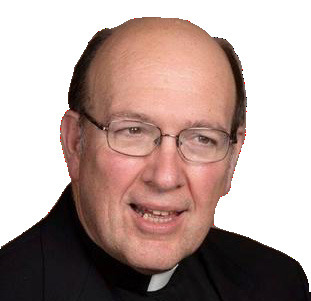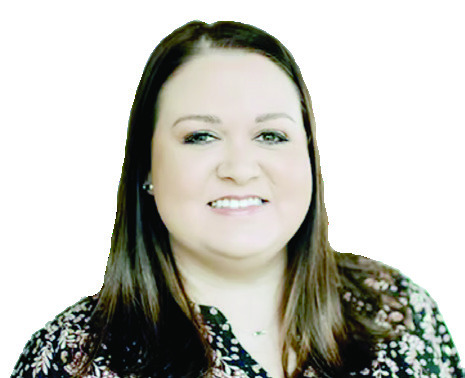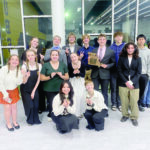The opening words of the Bible “In the beginning…” (Genesis 1:1) introduce a work in progress.
It describes creation and what it was already like at the beginning. “The earth was waste and void: darkness covered the abyss, and the spirit of God was stirring above the waters.” (Genesis 1:2) So, we see that God was already active before the beginning. The beginning is defined by the product of creation.
However true eternity, like infinity, has neither a beginning nor an end.
There is something philosophical about this. It goes beyond our mind, as it is not perceivable by any of our five senses. It is non-material, and as such is not measurable. We often use the word, “mystery” to describe what is not humanly measurable.
Science, while not providing a measure for eternity, does have a workable comparison. It is the ongoing discovery of the perceivable parts of what we find to be an ever-expanding universe, or the minuteness of the infinitely small, which we have also not been able to unravel.
At the threshold of what we can reach and know, and what we cannot, we meet God and still marvel at the accounts of creation. The more we discover, the more there is yet beyond our discovery. Because of this we ask, how do we encounter the biblical histories of creation?
What we find is that the accounts are about the ordering of what already is. This spirit of God was already stirring over the darkness and chaos, bringing order into being. Realities such as time. The planetary universe with orderly orbits.
The various levels of matter, both those which don’t live, grow, and die, and those which do, also in increasing complexity along the way are described in an interconnected and interdependent order.
The Old Testament provides a descriptive narrative, rather than a technical schematic. Its goal is much more to inspire than simply to inform. Its richness cannot be limited by merely human measurements.
A great wealth of inspiration can come from the beginnings of the Bible if we are sensitive to the narrative more than minute details. Doing this opens to us values and a heritage that might otherwise be missed.
One thing that seems present from the time of our first parents is a sense of family connection. There are little genealogies of families from the beginnings. Prior to written language, many of these memories had to be kept precisely as memories until written records were developed.
From these family memories emerge also a memory of communal efforts of various kinds.
Extended family memories are collected, and the sense of early civilization is recorded in the account of the tower of Babel, which ends the period often referred to as pre-history.
What follows begins with the call of Abraham opening an orderly covenantal plan of God.
Pastor Fr. Bill Hodgson is the priest at St. Edward Catholic Church in Cassville. He may be reached at 417-847-4948 or stedwardcassville@ gmail.com.







